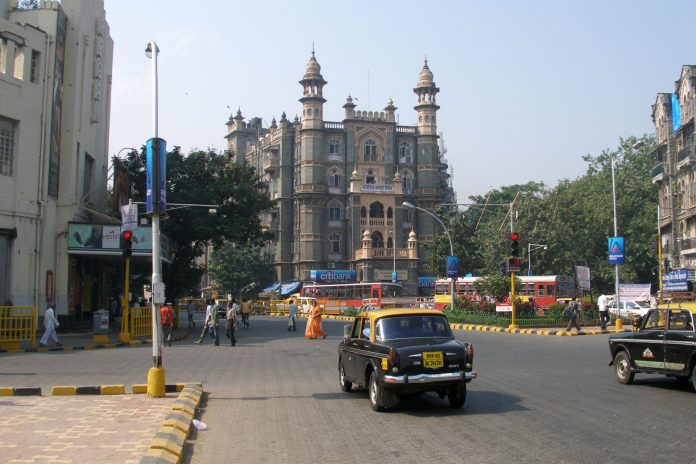Mumbai — A growing wave of protests and legal challenges is sweeping across Mumbai as Muslim religious leaders, mosque committees, and civil society groups resist the recent crackdown on mosque loudspeakers by Maharashtra authorities. The campaign, launched under the guise of enforcing noise pollution norms, has sparked widespread outrage, particularly in Muslim-majority areas, over what many see as targeted discrimination.
The controversy began following a January 23 ruling by the Bombay High Court. A bench comprising Justices AS Gadkari and SC Chandak declared that the use of loudspeakers is “not integral to any religion,” and directed Maharashtra police to ensure strict compliance with noise pollution rules. Subsequently, BJP leader and former MP Kirit Somaiya launched a ‘Loudspeaker-Free Mumbai’ campaign, intensifying scrutiny on mosques.
On May 11, police issued notices mandating the removal of all loudspeakers from mosques, asking them to reapply for sound equipment licenses through a more stringent verification process. This sudden move, however, has been met with resistance and legal backlash.
Five mosques in Mumbai’s Vikhroli area have filed a petition in the Bombay High Court challenging the manner in which loudspeakers were dismantled. Represented by senior advocates Yusuf Muchhala and Karim Pathan from the Association for Protection of Civil Rights, the petition accuses the authorities of bypassing due process.
In a strong show of unity, Samajwadi Party MLA Abu Asim Azmi addressed over 200 mosque representatives in Govandi on June 24, urging them not to remove any loudspeakers without receiving written instructions from the authorities. “We must demand accountability. If the action is legal, let it be documented,” he told the gathering.
The matter escalated further during a cross-party meeting convened by Deputy Chief Minister Ajit Pawar. The meeting, attended by NCP leaders Nawab Malik, Zeeshan Siddique, Sana Malik, Syed Jalaluddin, SP’s Abu Asim Azmi, and AIMIM’s Waris Pathan, brought the issue into the political spotlight.
Ajit Pawar reportedly warned the police to ensure lawful conduct and urged BJP’s Kirit Somaiya to halt his campaign. “If atrocities are committed against Muslims, I will fight for their rights,” Pawar assured. Reacting to this, Azmi said, “Now we expect action, not just words. Why do BJP’s problems always revolve around Muslims?”
Also present were Maharashtra DGP Rashmi Shukla and Mumbai Police Commissioner Deven Bharti, who revealed that around 1,500 loudspeakers had already been removed across Mumbai.
AIMIM leader Waris Pathan questioned the selective enforcement: “The Azaan has echoed across the subcontinent for generations. Why is it suddenly a problem? India’s strength lies in its syncretism and secularism.”
Grassroots resistance is also mounting. The Govandi Citizens Welfare Forum sent formal complaints to the Mumbai Police and Chief Minister’s Office condemning the arbitrary removal of loudspeakers “without notice, explanation or due process.” Forum convenor Shaikh Faiyaz Alam told the Hindu, that Muslim-dominated localities such as Govandi and Shivajinagar were being unfairly targeted. “This is an attack on our right to practise our religion,” he said.
An RTI filed by the forum revealed major enforcement lapses: Shivaji Nagar Police reportedly possessed only one functioning noise meter, one faulty one, and had not filed any noise complaints or taken action in three years.
Alam further criticised political doublespeak. “Ajit Pawar promises justice but defends police action. Abu Asim Azmi claims to stand with us but remains silent on real accountability. The public feels betrayed — ‘You cause the wound and offer the medicine too,’ as the saying goes.”
The mosque loudspeaker controversy, activists say, is a symptom of a larger issue — selective enforcement disguised as legal compliance. By disproportionately targeting Muslims, the state risks violating constitutional rights and further polarising society.




